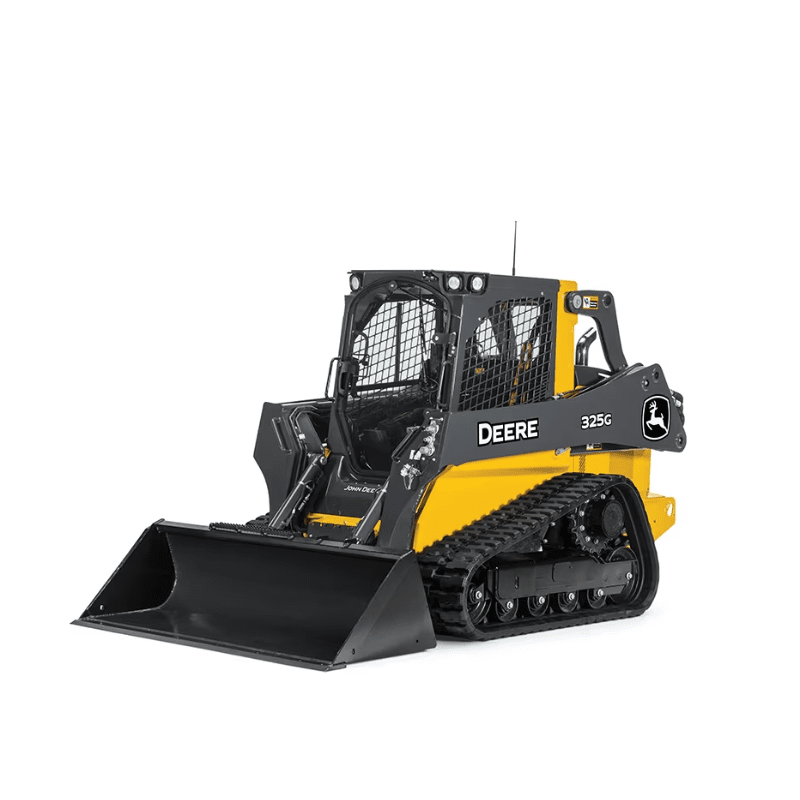Maximize Your Budget Plan by Comprehending the Costs Connected With Construction Tools Rentals
Understanding the full scope of costs linked with building and construction equipment services is essential for maximizing your budget. What approaches can be used to successfully take care of these expenses and make sure a much more efficient rental experience?
Introduction of Rental Costs
When considering construction equipment leasings, understanding the linked prices is extremely important for efficient budgeting and task preparation. Rental prices can differ dramatically based upon several aspects, including tools kind, duration of rental, and area. The preliminary rental fee usually reflects the tools's market demand and its connected operational capacities, affecting the total expense.
Along with the base rental price, supplementary expenses might develop, such as transport fees, fuel surcharges, and upkeep charges. It is necessary to account for these extra costs to precisely analyze the complete cost of renting out tools. Moreover, the rental duration can impact rates; longer services might qualify for reduced rates, while short-term services could sustain greater daily costs.

Failure of Rental Rates
A detailed understanding of rental rates is essential for service providers and task supervisors intending to enhance their spending plans. Rental rates for construction equipment typically include a number of elements, consisting of base rates, time-based fees, and use charges.
Base prices are the core charges related to the service of the equipment, typically identified by the type and size of the equipment. These prices can differ dramatically, influenced by factors such as devices need, schedule, and local market fads. Time-based costs, which may be daily, weekly, or monthly, offer to accommodate various task timelines and rental periods.
Furthermore, rental prices might consist of use fees, which apply when devices is used beyond a specified limit, making certain that the rental company can account for wear and tear. Seasonal demand fluctuations can likewise influence rental rates, with peak construction periods normally regulating higher costs.
In addition, recognizing the rental business's plans relating to upkeep and insurance coverage can give additional understanding right into the total price structure. By examining these parts, specialists can make educated decisions, guaranteeing the choice of rental equipment lines up with both job demands and budget plan constraints.
Extra Charges to Consider
Understanding the complexities of added charges is critical for specialists to manage their total rental costs successfully. Past the typical rental rates, various extra charges can considerably impact the total expense of tools service. These fees often include shipment and pick-up costs, which can vary based on distance and logistics associated with moving the devices to and from the job site.
Additionally, some rental business may impose fuel surcharges if the devices is returned with less fuel than when leased. It is likewise vital to understand potential cleaning charges, particularly for specialized devices that calls for thorough upkeep after use.

Completely examining the rental agreement and making clear these additional charges upfront can aid professionals prevent unforeseen costs and ensure that budgets stay undamaged throughout the job lifecycle.
Repair And Maintenance Costs
Regular recommended you read upkeep and repair work expenses are often overlooked elements that can dramatically influence the total expense of building and construction equipment services. When renting equipment, it is critical to think about not only the rental fees however additionally the prospective expenses connected with keeping the machinery in ideal operating condition.
Numerous rental business include standard upkeep as part of the rental agreement; nevertheless, extra unanticipated breakdowns or considerable fixings can result in extra expenses. It's necessary to examine the rental agreement carefully to understand what upkeep solutions are covered and what duties drop on the renter.
Furthermore, devices that is not well-kept can lead to inefficiencies at work site, potentially triggering delays and raising project prices. To reduce these dangers, it is a good idea to perform normal examinations and keep open communication with the rental company regarding any concerns that develop during use.
Insurance Policy and Responsibility Costs
Insurance coverage and obligation costs are critical elements that can substantially influence the general expense of construction devices leasings (scissor lift rental). These expenses make certain that both the rental business and the customer are safeguarded from potential monetary losses developing from accidents, damage, or theft throughout the rental period

In addition, clients need to recognize any type of deductibles or exemptions in the insurance policy, as these can influence prospective out-of-pocket expenses. Understanding the terms and conditions of any insurance policy coverage is vital to avoid unexpected costs. Ultimately, budgeting for insurance and responsibility expenses can aid ensure a smoother rental experience and protect against financial threats associated with construction jobs.
Final Thought
In verdict, a thorough understanding of the costs associated with building equipment services is important for effective spending plan monitoring. Eventually, educated decision-making relating to devices their explanation services contributes to the total success of building and construction ventures.
Rental prices can differ substantially based on numerous factors, including devices type, duration of leasing, and location (rental company near me). The rental duration can influence rates; longer leasings might qualify for discounted prices, while temporary leasings may incur higher everyday charges
By carrying out thorough study and engaging with respectable rental business, service providers can properly browse the complexities of rental prices, inevitably maximizing their economic sources.
Past the conventional rental rates, different supplemental costs can considerably impact the total cost of tools rental. Rental companies often give responsibility insurance coverage that covers injuries to third celebrations or wikipedia reference damages to residential property, while devices damages insurance coverage can cover the expense of repairs or substitute if the rented out equipment is damaged.